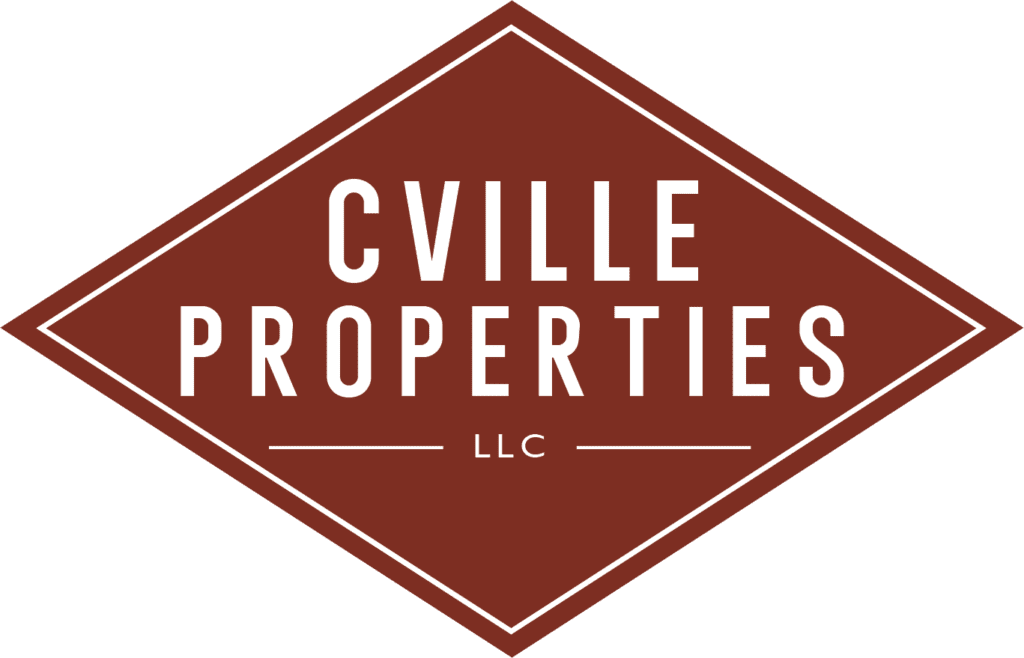We take care of our homes so they take care of our families. Like friends and family, we build relationships with professionals on trust. It can be a challenge to choose the right contractor for your home, but the investment is worth the reward.
Who do you trust to care for your home? Here are a few tips we’ve learned from decades in the industry about how to choose the right contractor.
Understanding Your Home’s Needs
No one has a better opportunity to know the home’s needs than the resident. The client’s familiarity with their house’s idiosyncrasies helps contractors solve problems and design better solutions.
Attention separates well-cared-for properties from poorly maintained ones
Give regular attention to places or things you may not on a typical day. This includes the basement, attic, roof, and utilities. Look for unexpected moisture, visible signs of damage, or unusual changes. The best maintenance habits will include these inspections. Pay attention to small details to prevent unnecessary maintenance or potential obstacles during renovations.
Furthermore, familiarity guides priority setting. It helps distinguish between immediate repair needs and long-term maintenance projects. This basic knowledge will help choose the right contractor.
Researching Potential Contractors
Once you have identified the problems, search for a contractor who fits your specific needs. This requires research. Pre-screen contractors for complicated or multi-stage projects. Call, briefly introduce the project, and ask, “Is this work you do or are interested in?” Then, if you called the wrong trade or speciality, you can sharpen your search.
Start local
First, choose contractors who will be familiar with Catonsville’s (or Baltimore County’s) building codes and community standards. A local contractor will also have the benefit of familiarity with the best resources in your area. Hiring contractors with good relationships with established vendor relationships ensures access to quality materials. It also ensures the contractor designs solutions based on available resources and local market conditions.
Seek recommendations
With years of industry experience, we have built a network of preferred and trusted vendors. Any business deeply invested in Catonsville will have a network of contractors they also trust. Whether it’s a trade-focused vendor like your local hardware store, or a recently renovated neighborhood storefront, ask established businesses for local recommendations. Also poll personal contacts for reliable contractors, especially if they have completed projects recently.
Consider online reviews
(But remember that the best contractors may not always spend the most time curating their online presence).
A skilled tradesperson may spend more time in front of a computer. Many contractors who prioritize quality workmanship have built strong word-of-mouth reputations. They may have never justified the extra overhead expenses for digital marketing.
A professional online brand indicates that a contractor has been intentional about investing their own time and resources or hiring support. This indicates that a contractor takes their administrative systems, branding, and communications seriously. If you prioritize these, remember the overhead investments will be reflected in the price of the work.
Ultimately, quality craftsmanship and quality communications are two distinct skill sets. For tradespeople in the digital era, the work and its marketing do not always clearly overlap. Construction does not always have transferable digital skills like other industries. Contractors cannot typically be evaluated the same way as other professionals or businesses.
Evaluating Qualifications and Experience
Next, initial consultations help further identify problems and design solutions. A consultation provides opportunities to get to know the contractor in an in-person context more representative of their professionalism than online. This builds the trust necessary to choose the right contractor.
Favor experience but don’t ignore determination
A contractor must have the right experience to develop a long-term, quality relationship with your home. But not all experience is equal: the wrong experience can develop bad habits. Consider more than the quality of work a contractor has done under their own name. If they mention working for others in the area, research those firms’ quality of work as well. Ultimately, a young contractor who’s determined to do right by the client may be a better value than an apathetic tradesman with decades of the wrong experience.
Licensing and certifications vary based on the state and trade
Not all trades require certification. Sometimes a “license” only requires registration and an application fee and not necessarily testing or observation. Learn more about licensing requirements in your area for the trade you’re hiring to know how heavily to weigh licensing and certification in your decision-making.
In Maryland, the Maryland Home Improvement Commission (or MHIC) license requires contractors to pass an open-book examination. The majority of this exam evaluates home improvement law. It also tests contractors on the Door-to-Door Sales Act, labor laws, safety regulations, and estimating. For more information about what home improvement work requires licensing, refer to these MHIC FAQs from the Maryland Department of Labor.
Confirm the contractor’s proof of insurance or bonding (especially if the project is large or particularly hazardous)
Insurance and bonding arrangements for contractors are specific to their trade—and often granular within trades. For instance, insurance to trim trees may not cover tree felling. Your contractor should be able to provide you with current proof of insurance that covers the specifics of your project. When necessary, confirm the details by calling their provider.
If the contractor is experienced, legitimate, and trustworthy, ask them to create a proposal for the work. Comparing proposals should consider more than just cost differences.
Getting Quotes and Understanding Costs
Importantly, the least expensive quote will not necessarily provide the most return on investment. Likewise, the most expensive quote will not necessarily provide the highest quality or value. Real estate is a long-term investment which can be easily undermined by always choosing the low-cost provider.
Value and price are not the same
The right contractor will provide the most value for a given budget. For a large project, paying a contractor for an inspection, consultation, and design can be the best way to optimize the value return on your budget. It also ensures the quote is thoroughly and transparently priced.
Transparent pricing may indicate a contractor’s quality
On one hand, detailed pricing shows they have the experience to thoroughly consider the different elements of the job and potential variables. On the other, detailed workmanship and detailed sales proposals are two distinct skill sets.
Here is a scenario: Contractor A’s pricing is 20% above Contractor B’s pricing. Contractor A’s quote is broken into clear, itemized elements, while Contractor B’s is one lump sum without details of labor or materials. Is Contractor B pricing the same elements as Contractor A? It’s still possible that once Contractor B begins the work, they will recognize they overlooked something necessary to complete the work properly. If a change order is needed when Contractor B is already on the job, the motivation to save money may ultimately have cost more.
Sometimes comparing proposals for the same project requires comparing apples to oranges. To navigate this, ask clarifying questions: Is pricing firm? Do they expect change orders? If there are change orders, how are they managed? Contractors often handle these differently. What’s important is that the client knows what to expect before moving forward. Ask the questions needed to measure each proposal by a clear, shared standard.
Communication and Professionalism
Clear goals and expectations are the key to success (for both parties)
Finally, the right contractor should be able to effectively communicate what you can expect from them. This includes transparent pricing and an estimated timeline of the work. They should also communicate clearly what they expect from you. Clear payment timelines and an outline of decisions needed from the client will help establish a good working relationship. Establish clear expectations and then satisfy your contractual obligations to convey that you expect the same from them.
Professionalism communicates the respect a contractor has for their craft
Moreover, a neat and orderly job site differentiates between a good experience and a great experience for the client. Don’t expect your contractor to show up for a consultation in a suit and tie. Do pay attention to qualities like punctuality, cleanliness of their work truck, respect for your property during initial consultations, and responsiveness to inquiries or concerns. Respect for a client indicates the respect a contractor has for their craft and ultimately clients’ homes.
Finalizing Your Choice
Our insights can help guide decision-making, but ultimately, choose the right contractor by following your instincts.
You should trust your contractor to care for your home. Likewise, no contractor enjoys working in a situation where they aren’t trusted. Developing a skilled and experienced network of trusted professionals will reliably preserve the longevity and livability of your home. Over the years, the right contractors will learn your home and provide better value and insight.
With decades of experience in the industry, we have developed a solid network of preferred vendors in Catonsville and the surrounding area. If you’re in the Greater Baltimore area and looking for a recommendation, contact us.

